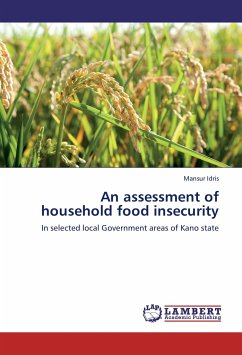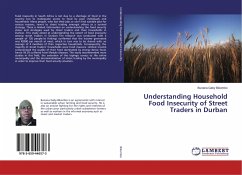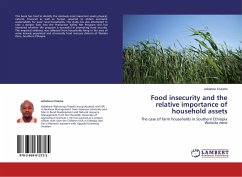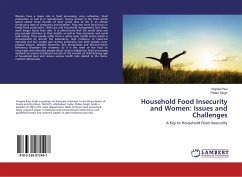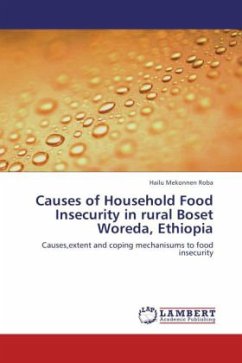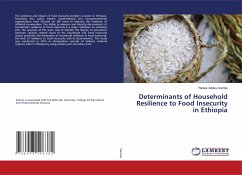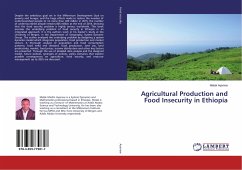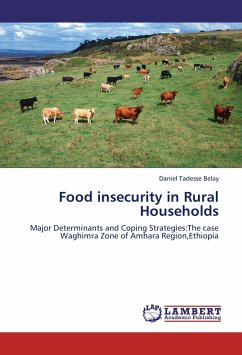Food insecurity is defined as lack of access to nutritionally adequate food and can be chronic or transitory. A number of factors such as income, educational level, household size, size of farm land, status of house wife, seasonal changes in food supply, among others, are known to affect household food security. Food insecurity, hunger and poverty are closely linked. The research is aimed to measure and analyze the food insecurity status of household heads who are either formally employed, self employed or retired. The study is descriptive, inferential and cross sectional in design. The results obtained from the study show the prevalence of food insecurity (73.9%) for those who are not food secured. And about (26.1%) of the Respondents were found to be food secured. Policy intervention in the area of food security should focus on reducing high expenditure on food stuffs, generating higher income to households' head, stimulating higher productivity through the use of HYVs seeds and other forms of modern agricultural technology.

